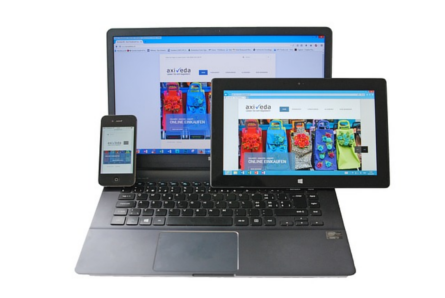Professional Certificate in Web Accessibility promotional video out now

The PCWA course highlights video runs for one minute and thirty seconds. In addition to the standard video, an audio described version of this video is also available.
Top of page








